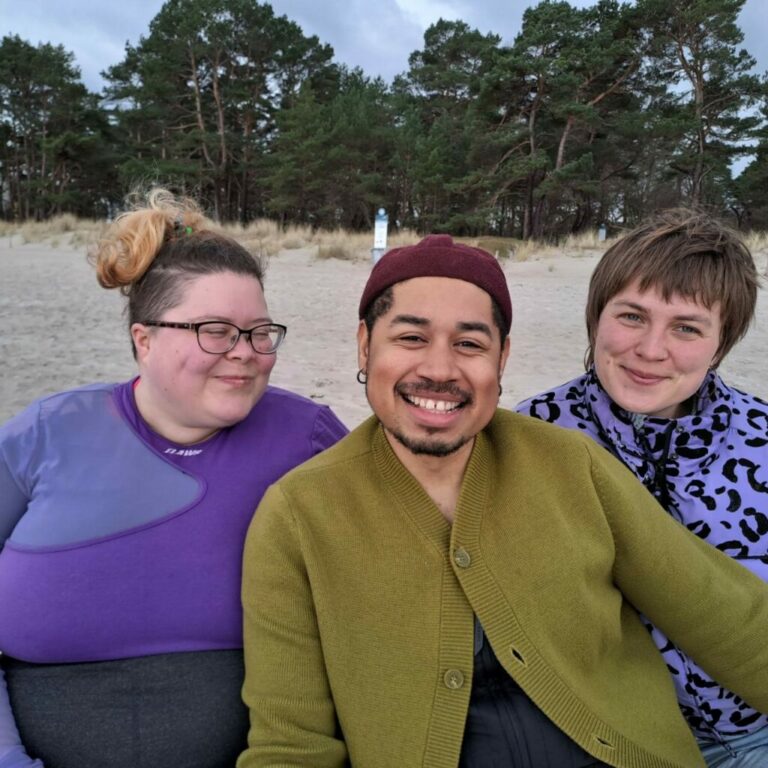„There is no thing as a single-issue struggle because we do not live single-issue lives.” This is how Black activist and writer Audre Lorde summed up the situation in a speech in 1992. Meaning: There is no struggle that fights only one problem. Because in life, problems are not isolated from each other. Can you put this quote into context for us?
Many of the societal challenges we are facing today are interconnected. That means we also have to connect them to each other while fighting them. That is also the issue regarding climate justice. Climate justice means that in the end we connect fights against the climate crisis with fights for social justice.
Salam,
schön, dass du da bist!
Wenn du den vollständigen Artikel lesen möchtest, melde dich hier kostenlos im Online-Magazin an: Einloggen.
Wenn du noch nicht angemeldet bist, kannst du dich hier kostenlos neu registrieren:Kostenlos registrieren.
Neben unseren Online-Artikeln erhältst du dann zusätzlich alle zwei Wochen den kohero-Newsletter mit spannenden Texten, Interviews und Hinweisen zu unseren Workshops und Veranstaltungen. Viel Freude beim Lesen!
Wenn du Fragen hast oder Hilfe bei der Anmeldung brauchst, melde dich per Mail an team@ kohero-magazin.de.
Shukran und Danke!
Deine kohero-Redaktion








